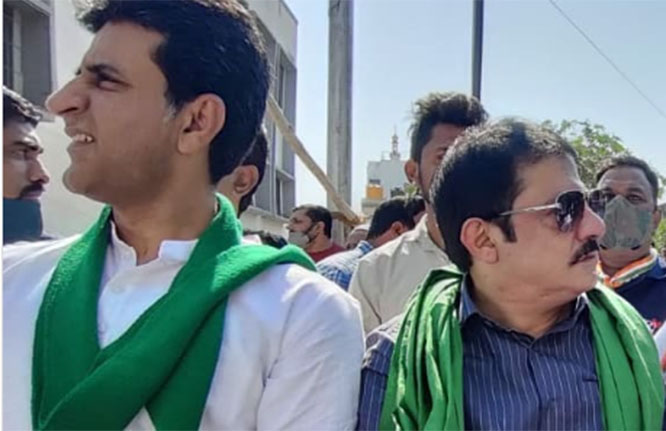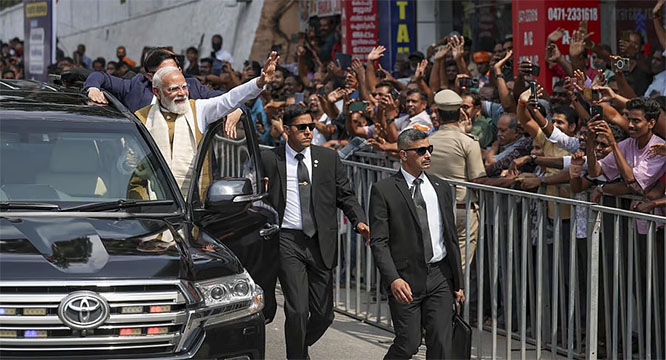
Bengaluru, Dec 19: A class 4 student lost his life after he was beaten up and pushed off from the first floor by his teacher at a government-run school in Karnataka’s Gadak district.
The accused teacher is missing following the incident and the police have launched an operation to nab him.
The teacher, Muttu Hadali, beat 9-year-old Bharat Barakeri with a thin iron rod at government primary school at Hagli village near Nargund town in Gadag when he was talking to his friends on Monday, December 18.
Shivprakash Devaraju, a senior police officer said the family dispute is likely to be cause behind the incident.
The police further informed that Muttu had earlier thrashed Bharat’s mother, Geetha Barakeri, who is also a teacher at the school. Barker is presently hospitalised.
In a similar incident in Delhi last week, a class 5 student of a Delhi school was hit with scissors and flung from the first floor of the school building by her teacher on Friday.
The class teacher at Prathmik Vidyalaya in central Delhi’s Model Basti area, Geeta Deshwal first hit a girl student studying in the fifth standard with small paper-cutting scissors and then threw her from a first-floor classroom, the Delhi police said.
Earlier on Saturday, a man allegedly threw his two-year-old son from the first floor of a building in Delhi’s Kalkaji area under the influence of alcohol following an argument with his wife. The 30-year-old also jumped from the building.







Comments
Add new comment